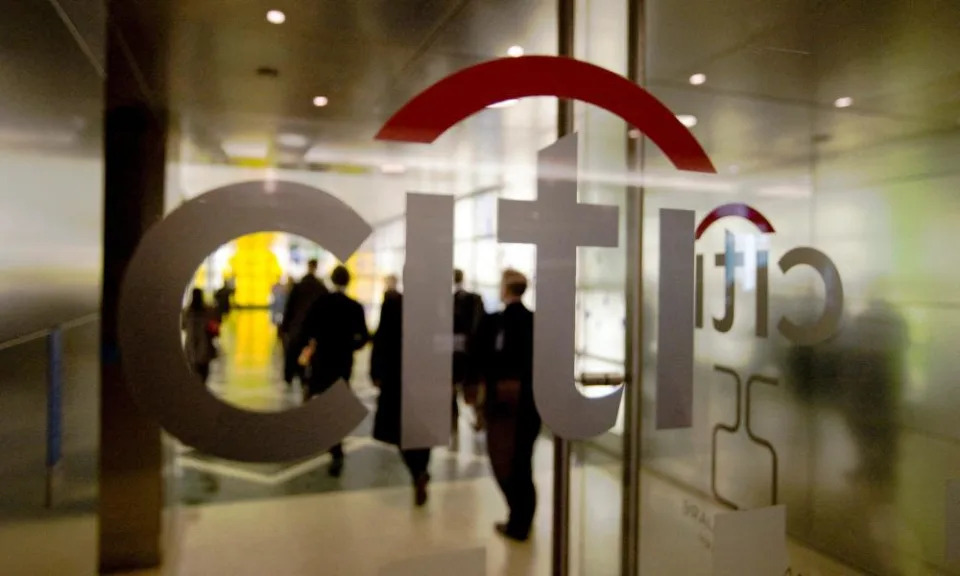Lucinda Cameron, PA Scotland
Fri, 15 September 2023
A third union has rejected a “measly” pay offer from local government employers as the prospect of strike action by school support staff looms closer.
Unite criticised the revised offer from the Convention of Scottish Local Authorities (Cosla) which it said would represent an increase of only £0.01 per hour for those on the lowest pay, effective from January 1, next year.
And it warned that members across 11 councils will walk out later this month unless something “dramatic” happens over the coming weeks.
It comes after the Unison and GMB Scotland unions also rejected the two-part offer that Cosla had said would provide at least a £1,929 increase in annual salary for workers by January 1 2024.
School support staff including cleaners, caterers, janitors and school support assistants will take part in the co-ordinated action over three days from Tuesday September 26 to Thursday September 28.
Unite general secretary Sharon Graham said: “It has taken Cosla five months to increase their offer by a measly 38 pence a week for the lowest paid council workers.

Unite boss Sharon Graham said the union will support its members ‘all the way’ (PA)
“Unite’s local government representatives rightly rejected this offer.
“The fight for better jobs, pay and conditions in local government goes on, and if needs be by strike action. Unite will back its members all the way.”
The trade union has urged First Minister Humza Yousaf to directly intervene in the pay dispute.
Unison has warned that more than three-quarters of Scotland’s schools could shut during the strike action.
It has mandates in 24 local authority areas across Scotland while GMB Scotland members plan to walk out in 10 council areas.
Cosla said the offer would mean the lowest paid workers would see a 21% increase in their pay over a two-year period.
It said the pay offer currently on the table will cost councils just under half a billion pounds and said that council leaders had gone to the “absolute limits of what local government can afford”.
Commenting after Unison and GMB Scotland rejected the offer on Thursday, Cosla resource spokeswoman Katie Hagmann said: “I am doubly disappointed today, firstly with the rejection itself, but perhaps more importantly with the fact that they did not take the revised offer to their membership for consideration.
“We have continued to conduct these negotiations in good faith and kept communication channels open at all times.
“We absolutely value all our local government workforce and throughout these negotiations council leaders have reiterated the value we place on the workforce and the work that they do.
“That is why we enhanced an already strong offer yesterday, with council leaders going to the absolute limits of what local government can afford. The simple fact of the matter is that we have no more money available for pay without real cuts to jobs and services.
“It must be remembered that we are talking about a pay package worth over £440 million, specifically targeted at the lower end of our workforce. A pay package which not only compares well to other sectors but recognises the cost-of-living pressures on our workforce and which would mean the lowest paid would see a 21% increase in their pay over a two-year period.
“Whichever way you cut it, this is a very strong offer in the financial climate we find ourselves. We have a duty to ensure that services are sustainable within the funding for pay we have available.”
Cosla has been asked for fresh comment.
A Scottish Government spokesperson said: “Local government pay negotiations are a matter for local authorities as employers and unions.
“The Scottish Government and Cosla have committed to respect this negotiating arrangement as part of the Verity House Agreement.
“Despite UK Government cuts, the Scottish Government has provided a further £155 million in 2023-24 to support a meaningful pay rise for local government workers, which has been taken into account in the pay offer made by Cosla.
“We continue our engagement with Cosla on how staff and services are supported this year and next.”



















